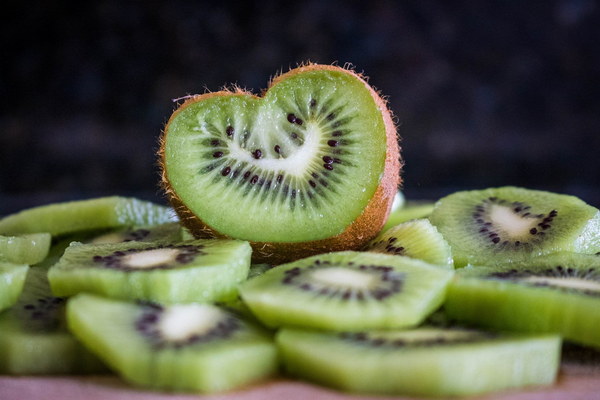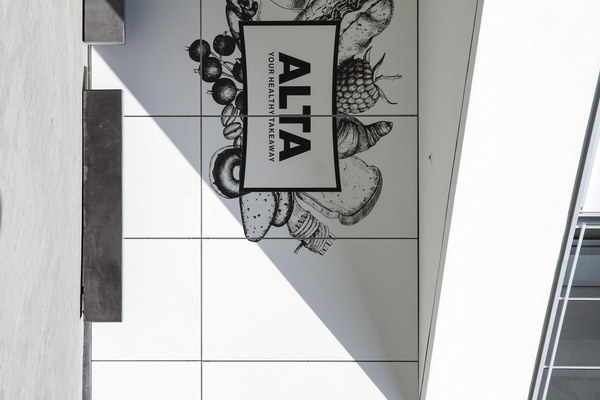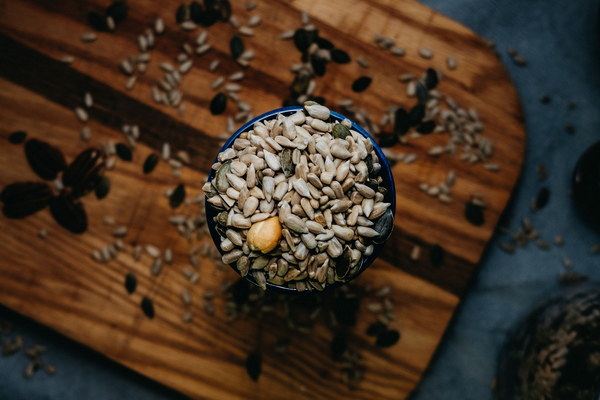Nourish Your Body with Vegetarian and Non-Meat Diet Supplements
In today's fast-paced world, maintaining a healthy diet is crucial for our overall well-being. However, not everyone can adhere to a vegetarian or non-meat diet. This article will explore various vegetarian and non-meat diet supplements that can help you nourish your body without the need for animal-based products. Let's delve into the world of plant-based nutrition.
1. Protein
Protein is an essential nutrient that plays a vital role in muscle repair, immune function, and overall health. For those who avoid meat, it's important to find plant-based protein sources. Some great options include:
- Lentils: Packed with 18 grams of protein per cup, lentils are a versatile and nutritious addition to any meal.
- Chia Seeds: These tiny seeds contain 4 grams of protein per tablespoon, along with omega-3 fatty acids and fiber.
- Tofu: Made from soybeans, tofu offers a meaty texture and 10 grams of protein per half-cup.
- Quinoa: This ancient grain contains all nine essential amino acids and provides 8 grams of protein per cup.
2. Iron
Iron is crucial for transporting oxygen throughout the body and supporting energy levels. Plant-based iron sources include:
- Spinach: One cup of cooked spinach provides 6.4 mg of iron, which is 37% of the recommended daily intake.
- Beans: Kidney beans, lentils, and chickpeas are all excellent sources of iron, with 1 cup of cooked beans containing up to 20 mg of iron.
- Fortified cereals: Opt for cereals fortified with iron to ensure you're getting enough of this essential nutrient.
3. Calcium

Calcium is essential for maintaining strong bones and teeth. While dairy products are a common source of calcium, there are plenty of plant-based options available:
- Collard greens: One cup of cooked collard greens provides 261 mg of calcium, which is 27% of the recommended daily intake.
- Almonds: These nuts contain 70 mg of calcium per ounce, making them a great snack.
- Fortified plant-based milk: Look for almond milk, soy milk, or rice milk that has been fortified with calcium.
4. Vitamin B12
Vitamin B12 is essential for maintaining nerve function and producing red blood cells. Since it is primarily found in animal products, it's important for vegetarians and vegans to supplement with B12. Some B12-rich food options include:
- Fortified cereals and plant-based milk: These products are often fortified with B12 to help meet your daily requirements.
- Nutritional yeast: This deactivated yeast is a great addition to salads, sauces, and soups, providing 12 mcg of B12 per tablespoon.
5. Omega-3 Fatty Acids
Omega-3 fatty acids are essential for heart health, brain development, and reducing inflammation. Plant-based sources of omega-3s include:
- Flaxseeds: Flaxseeds contain alpha-linolenic acid (ALA), which is a plant-based omega-3 fatty acid. One tablespoon of flaxseeds provides 2.5 grams of ALA.
- Chia Seeds: Similar to flaxseeds, chia seeds contain ALA, with one tablespoon providing 2.5 grams of this omega-3 fatty acid.
- Walnuts: These nuts are an excellent source of omega-3s, with 2.6 grams of alpha-linolenic acid per ounce.
By incorporating these vegetarian and non-meat diet supplements into your diet, you can ensure you're getting all the essential nutrients you need without relying on animal products. Remember to consult with a healthcare professional before making significant changes to your diet or starting any new supplement regimen. Happy eating!

![Revamp Your Skincare Routine with the Exclusive Brand [Brand Name]](http://img.bluepurple.cn/a/养生/565/Revamp-Your-Skincare-Routine-with-the-Exclusive-Brand-Brand-Name.jpg)







